Sometimes, a plant just doesn’t grow quickly enough. This may be because the plant is diseased. It may also be because the plant isn’t getting enough of the correct nutrients.
Plants grow faster if they’re able to absorb all the nutrients & water they need. Typically, commercial & organic fertilizers are used to speed plant growth, since they’re a good source of nitrogen, phosphorus & potassium, which are the 3 most important elements necessary for plant growth.
If you want to know how to help your plant to grow faster, we unpack the basic ideas.
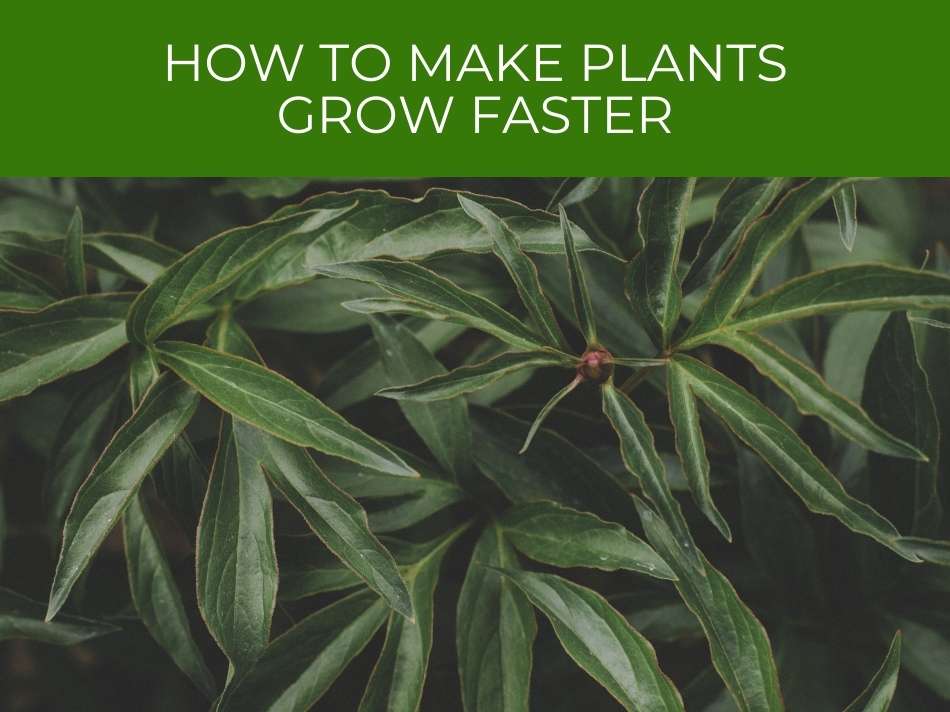
How to make plants grow faster
The best way to make plants grow faster is by adding fertilizer to the soil. This will increase the key nutrients–nitrogen, phosphorus & potassium–that plants require, so that the plant can absorb them. Either a commercial or an organic fertilizer can be used.
Fertilizers are what you can use to make plants grow faster.
Fertilizers are specifically mixed to make sure they are composed of the correct ratio of NPK (Nitrogen, Phosphorus, Potassium).
The composition of the fertilizer you use must match the type of soil, which helps the plants.
This means the amount of the key nutrients and also the pH of the soil.
Fertilizers are manufactured commercially or made organically.
A commercial fertilizer is made from synthetic materials that produce the necessary elements.
Organic fertilizers are made from elements taken from decomposed carbon and organic material.
Check out our guide to adding nitrogen to soil.
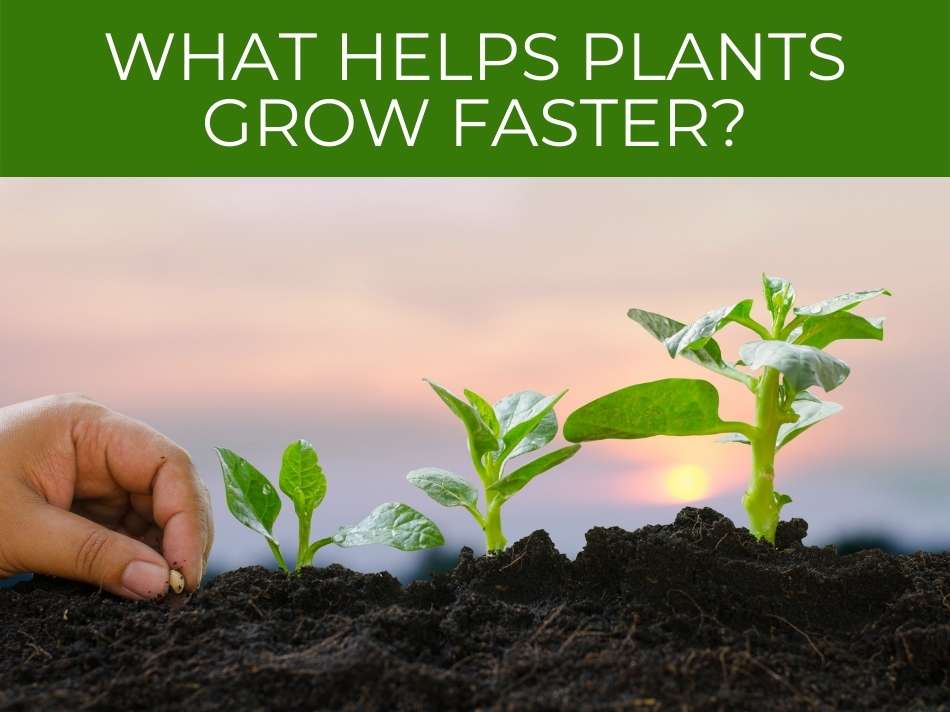
What helps plants grow faster?
Plants grow because they receive the correct nutrients & adequate water. To help a plant to grow faster, it needs to receive more of these via being fertilized. The fertilizer that is used must be appropriate for the pH of the soil.
The basic nutrients plants need can be found in fertilizers.
Fertilizers all contain the three most important elements that promote plant growth: nitrogen, phosphorus, potassium.
They also contain most of the other minor and micro nutrients.
Choosing the fertilizer with the correct mix of nutrients for a particular plant will help the plant to grow faster.
The amount of nutrients is firmly linked to the pH of the soil.
Adding fertilizer that suits the pH of the soil will help the plants to grow faster.
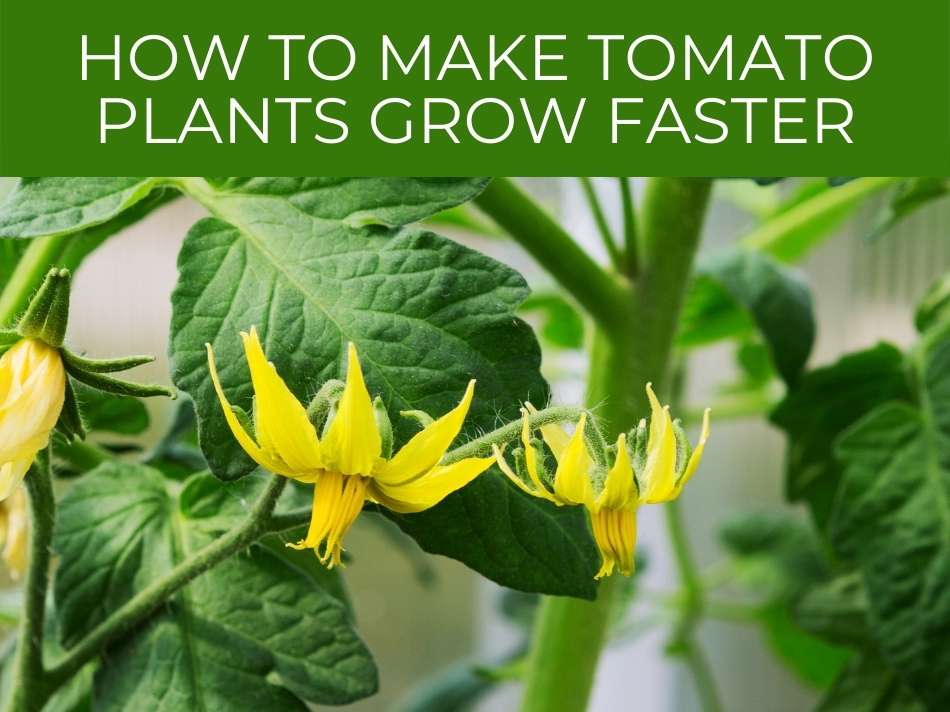
How to make tomato plants grow faster
Tomato plants use a lot of nutrients, since they’re heavy feeders. They need to be fed regularly with fertilizer, especially one high in nitrogen. Mulching around the plants can keep the soil moist & provide necessary nutrients. If necessary, thin out the plants to give room for plants to grow.
Tomatoes are hard feeders, which means they consume nutrients faster than most other plants.
They use the three basic minerals in almost even quantities.
This means the fertilizer should have an even balance between nitrogen, phosphorus and potassium.
The plants mustn’t get too much nitrogen, because this can affect the acidity of the soil.
Most varieties of tomatoes prefer warm soil.
You can mulch around the plants regularly to keep the soil warmer and keep some of the water in the soil.
If tomato plants are planted too close together, they may grow slowly.
If necessary, thin out the tomato plants, so there is more space between them and they will begin to grow more quickly.
See what the best soil is for tomatoes.
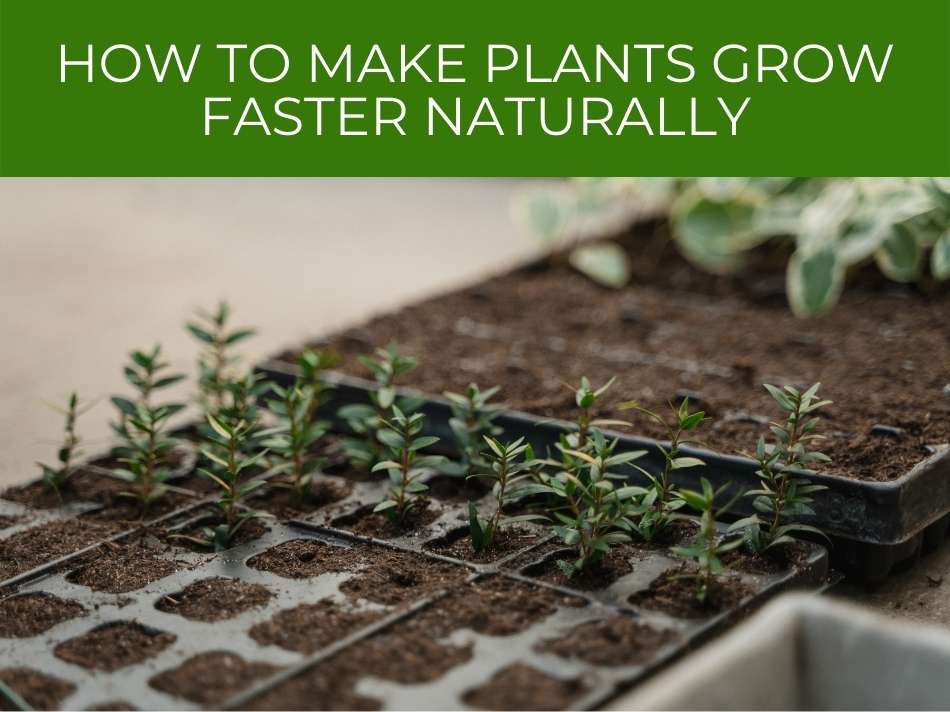
How to make plants grow faster naturally
To make plants grow faster naturally, an organic fertilizer can be used; for example: animal manure, green manure, or compost. Compost is the best form of organic fertilizer. Plant matter should be left to decompose naturally, so that the correct bacteria can grow and compost is formed.
The basic nutrients a plant needs exist in the soil, so they are organic.
If you want to make sure your plants receive enough of the correct nutrients, you can use an organic fertilizer that contains the basic nutrients.
Using organic material to boost the growth of your plants is key to making them grow faster naturally.
The organic material must be left to decompose in a place that receives both moisture and oxygen.
Bacteria will begin to work on the decomposing material and encourage it to ‘distil’ so that the nutrients are foregrounded.
This compost can be mixed into soil, or spread around plants, and it will introduce the necessary elements into the soil.
As the elements leach into the soil, or are encouraged to flow by water, the plant’s roots will absorb them and they will stimulate growth.
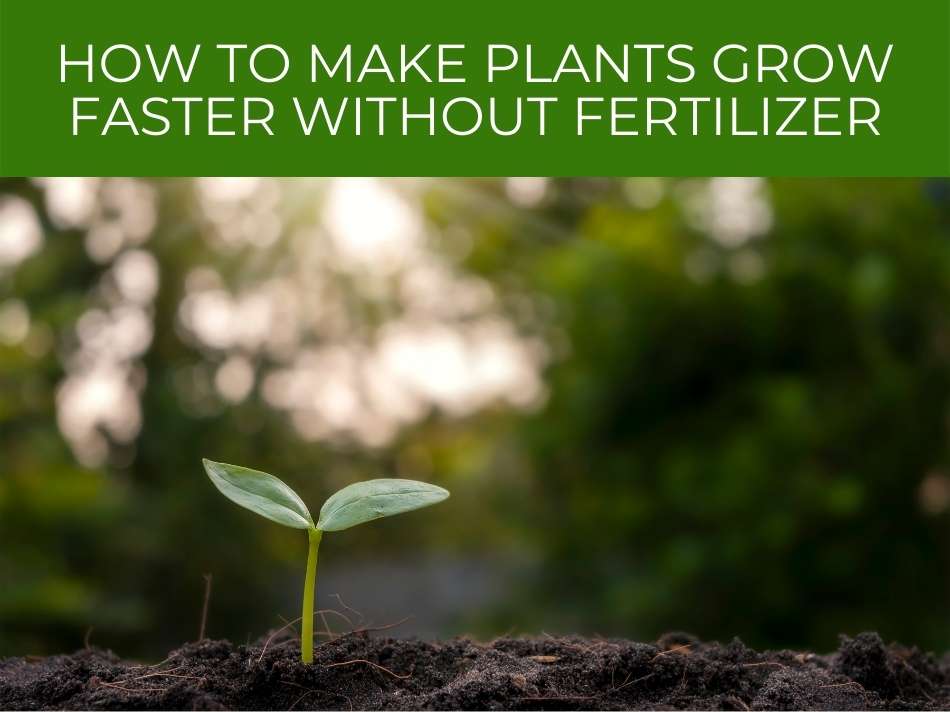
How to make plants grow faster without fertilizer
To make plants grow faster without fertilizer, compost or an equivalent supply of organic material needs to be applied to the soil in which the plant grows. This can be done by using animal manure, green manure (i.e., cover crops that fix nitrogen), or compost.
Organic matter contains some of the key elements a plant needs to grow.
So does compost, which is essentially organic material that has been allowed to decompose and consolidate.
You can use compost on your plants, which will encourage them to grow.
The compost feeds concentrated amounts of the correct nutrients into the soil, by encouraging helpful bacteria and fungi to work so that a humus is produced.
Humus is a rich organic material, from which a plant gets more than enough of the nutrients and moisture it needs, which will encourage it to grow faster.
Compost also helps the soil to retain moisture, which is beneficial to the plant.
Check out the complete guide to making compost.
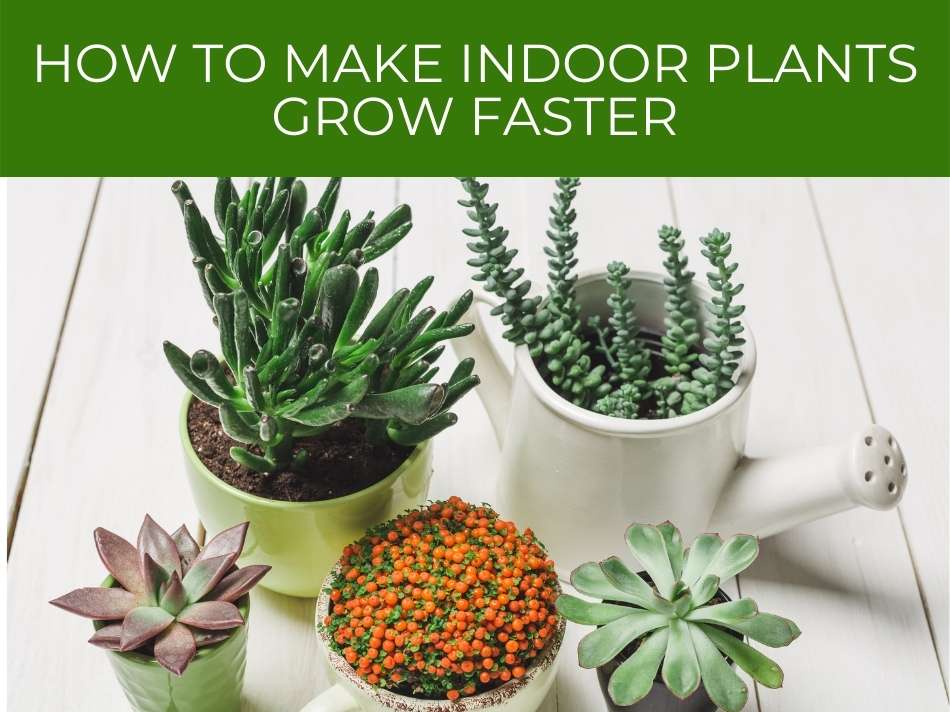
How to make indoor plants grow faster
To make indoor plants grow faster, provide an environment to meet each plant’s requirements. You might need to increase the amount of light received, increase or decrease the amount of water, or add fertilizer. Proper temperature will also affect how fast plants grow.
Generally, warmer temperatures increase plant growth.
However, most garden plants grow best within a range of temperature, typically between 70 – 85 F.
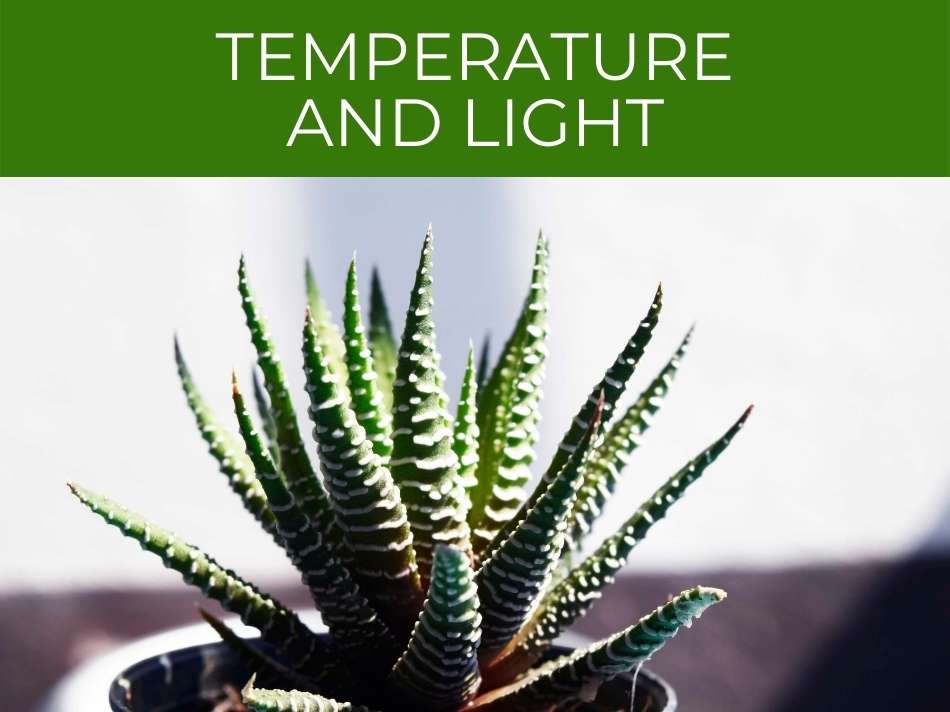
Temperature and light
Make sure that the plant is in the correct position for it to grow.
Plants that need direct sunlight must be kept near a window.
If they are susceptible to cold, then the window should be kept closed.
If a plant does badly with direct sunlight, then make sure it is in a well-lit area of your home, but is not near a window.

Water
All indoor plants need to be watered regularly.
Most have to be watered more often than their outdoor counterparts.
Make sure your indoor plant gets the correct amount of water.
Too much water
Don’t over-water a plant that grows in drier areas.
If the plant gets too much water, the pot won’t be able to drain properly and the roots become waterlogged.
The growth of the plant will be stunted, because the roots can’t take up the correct nutrients, because they are essentially drowning.
The roots may also develop root rot and die.
Too little water
Some plants need more water, because they occur naturally in wet areas.
Don’t forget to water these plants regularly, or the growth will be stunted or they may die.
It is a good rule-of-thumb to keep the soil in the pot damp up to about an inch (2.5 cm) deep.
Don’t get over-eager, though, and overwater the plant, or it may develop root rot.

Soil
Read this to understand why soil is important for plants.
It needs to be kept at the correct pH and should be well-drained and rich in organic material.
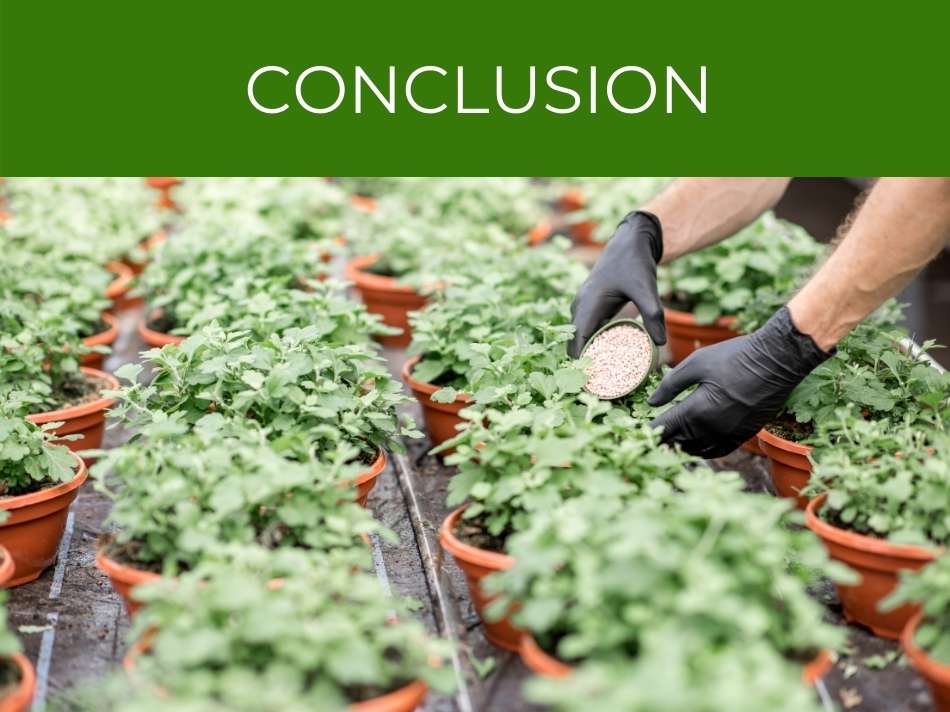
Conclusion
Fertilizing your plant will help it to grow.
Using the correct balance of nitrogen, phosphorus and potassium in fertilizer will help a plant to grow faster.
The best fertilizer is compost, which is completely organic and mixes with the soil to provide a rich base for a plant.

